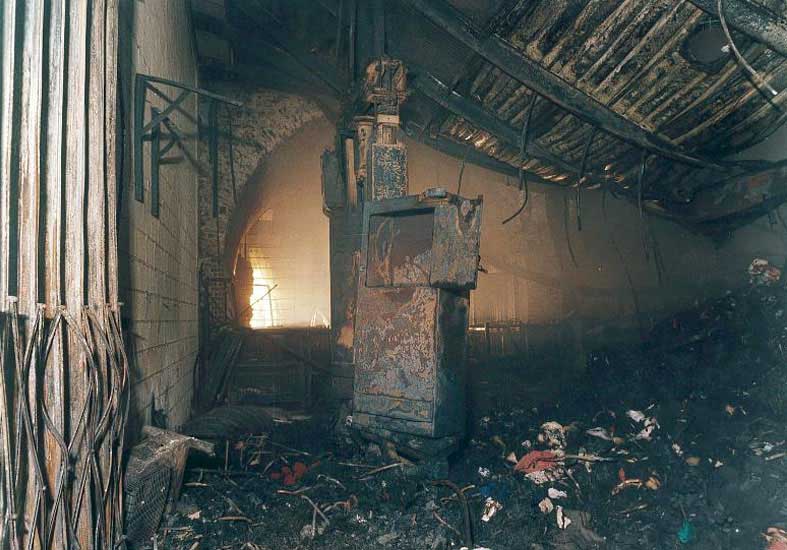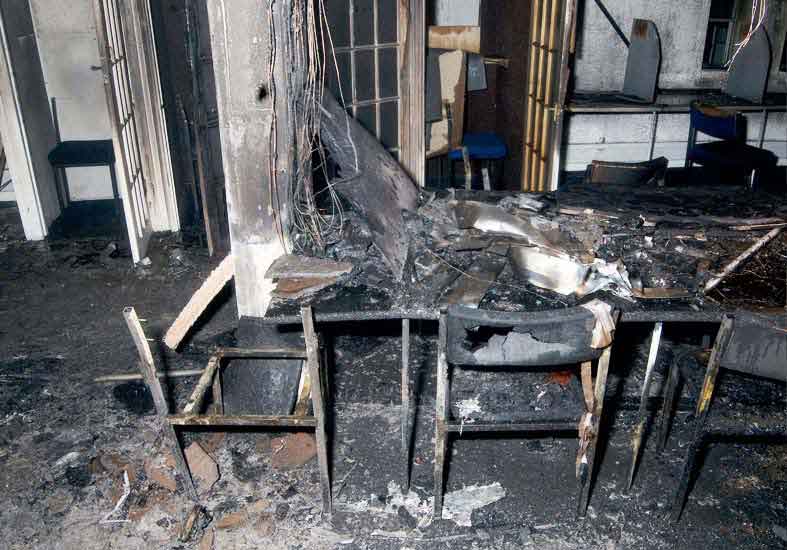All about the Regulatory Reform (Fire Safety) Order 2005
What is the fire safety order (Regulatory Reform (Fire Safety) Order 2005)?
If you own, manage or operate a business, you need to comply with fire safety law. The main law is the Regulatory Reform (Fire Safety) Order 2005 (as amended) or "the Fire Safety Order". It applies across England and Wales and came into force on 1 October 2006.
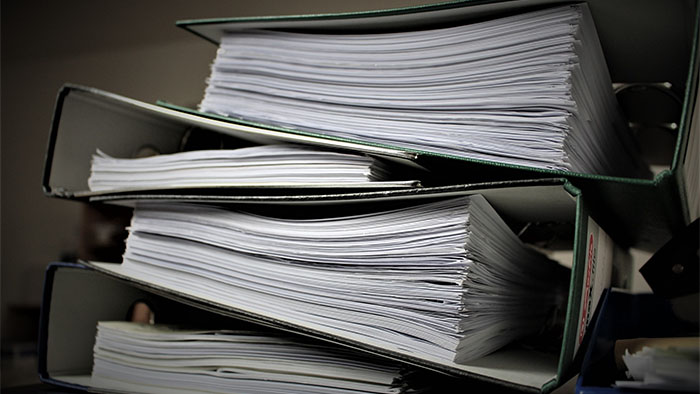
Building Safety Act 2022
The Fire Safety Order was amended in 2022 to strengthen to improve fire safety in buildings, it affects all Responsible Persons.
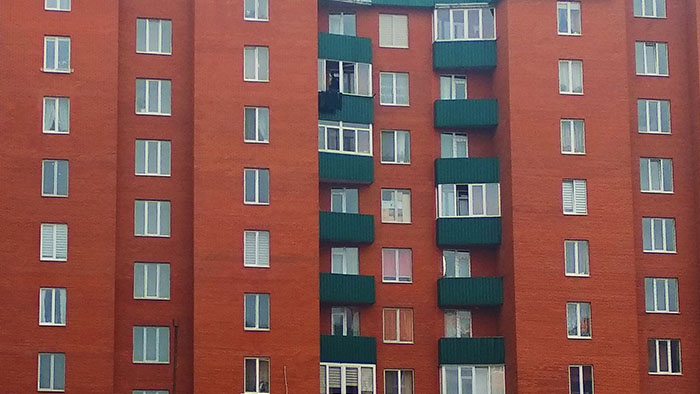
The Fire Safety (England) Regulations 2022
The Fire Safety (England) Regulations 2022 aims to improve fire safety in blocks of flats.
Who does it apply to?
The Order applies to almost all buildings, places and structures other than individual private homes – that's individual flats in a block or family homes.
Other places covered by the Order include shared areas in houses in multiple occupation (HMOs), blocks of flats and maisonettes.
What are your responsibilities?
You need to make sure:
- Your premises reach the required standards.
- Employees are provided with adequate fire safety training.
What does 'adequate fire safety training' mean in practice?
It varies from business to business, but generally includes:
- Induction training to cover general fire awareness.
- Periodic refresher training, or extra training where the level of fire risk increases as a result of changes in your operations.
- Training to support people in meeting their fire safety duties – for example, keeping your 'responsible people' up to date.
- Training to build appropriate skills such as fire risk assessment, fire warden or using fire extinguishers.
What about Fire Risk Assessments?
It's mandatory to carry out a detailed assessment identifying the risks and hazards in a commercial premises. By law, if you are responsible for the premises, you need to make sure that a Fire Risk Assessment has been completed by someone competent to do so and that you record the findings.
The responsible person for the premises is also required to:
- Consider who may be especially at risk.
- Eliminate or reduce the risk of fire as far as is reasonably practical.
- Provide general fire precautions to deal with any risk.
- Take additional measures to ensure fire safety where flammable or explosive materials are used or stored.
- Create a plan to deal with any emergency and where necessary record any findings.
- Maintain general fire precautions, and facilities provided for use by firefighters.
- Keep any findings of the risk assessment under review.
If you are responsible for a block of flats, your fire risk assessment must also cover:
- The buildings structure and external walls
- Flat front entrance doors
- Anything attached to the external walls for example balconies
You can find out more about and how to complete them on the Fire Risk Assessments page.
Where will I find guidance about the required standards for my building?
It depends on the building in question. The best place to start is the gov.uk website – it provides guidance for most circumstances.
If you are responsible for specialised housing – for example, sheltered housing, extra care housing, or supported housing for people with common characteristics, such as learning disabilities and mental health problems – NFCC Specialised Housing Guidance is helpful.
If you need information about requirements for purpose-built dwellings such as blocks of flats, the Government provides useful information in their downloadable publication Fire safety in purpose-built flats.
If you are looking for more information about shared houses, bedsits and HMOs, please see this LACoRS guidance.
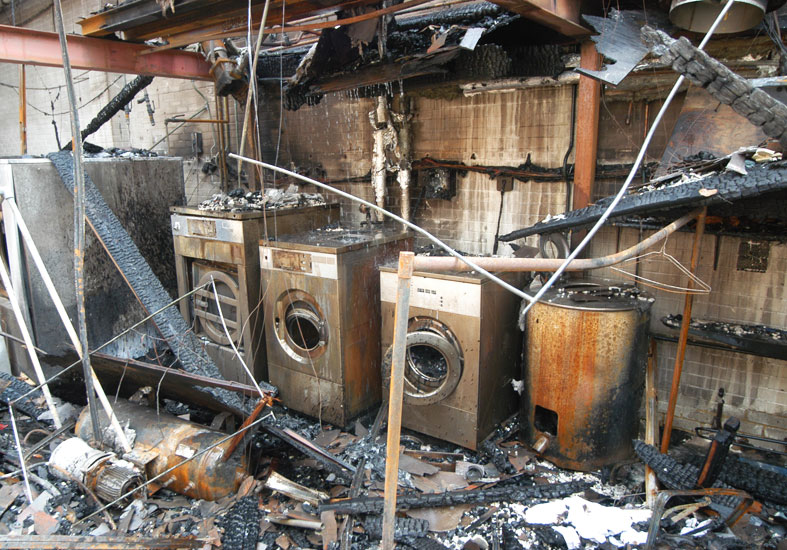
Unfortunately, many businesses neglect their fire safety obligations, with tragic consequences.
Enforcement – our legal responsibilities
London Fire Brigade has a responsibility to keep the people of London safe. An important part of this duty is making sure that people responsible for commercial premises are following the rules. We enforce various legislation, chiefly around fire safety, including the Regulatory Reform (Fire Safety) Order 2005 and the Fire Safety (England) Regulations 2022.
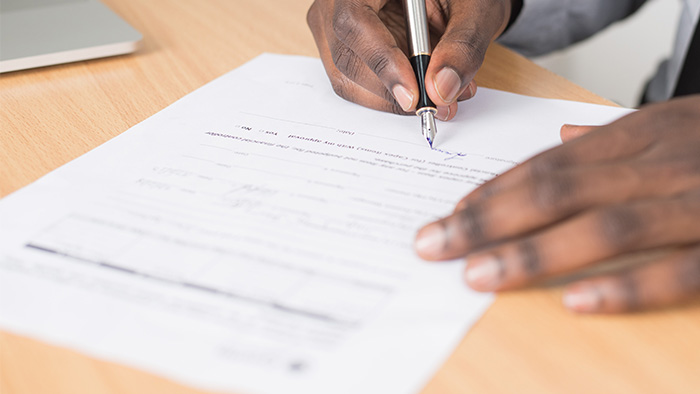
Fire Risk Assessments: Your responsibilities
If you're responsible for a building, it’s important to do all you can to reduce the risk of fire to keep people safe. It saves lives, it’s your legal duty, and it makes good business sense.
A Fire Risk Assessment is a legal requirement
If you are responsible for a building, for example a employer, owner or occupier of premises that aren't a 'single private dwelling' (a private home), you need to make sure a suitably competent person completes a Fire Risk Assessment. It is your duty to identify fire risks and hazards in your premises and take appropriate action.
In addition, You must make a record of the findings of your fire risk assessment.
Inspections
We can visit your premises at any time to make sure you are following the rules and keeping employees and members of the public safe. We generally make appointments, though can visit your premises at any time if we believe that an unannounced visit will better determine whether the law is being complied with. Of course, we are committed to being consistent, fair, transparent, proportional, competent, respectful and polite.
What to expect if we visit?
- Our officers will explain the reason and purpose of the visit and provide identification on request.
- They will exercise discretion and have regard to your approach to compliance.
- They will support you in meeting your statutory obligations – we provide useful tools on the Fire Risk Assessment page and the emergency plan page.
- We will act on an assessment of risk and minimise our impact on your business.
What happens if you aren't compliant?
If we find something wrong we could take action ranging from providing information and advice to prosecuting those responsible in a court of law. For serious offences, you could be fined and/or imprisoned.
If you receive an Enforcement Notice or are prosecuted for failing to meet your responsibilities, we will publish details here. The information will also be shared in the National Chief Fire Officers website.

